
I facilitate a lot of elearning workshops and from my experience most of the people who attend are just getting started. Generally the transition to elearning happens like this. They’re good at explaining things and go from explainer to trainer. Then somewhere in the process the organization says that they’re switching to online learning.
Now the trainer has to make another transition as she goes from creating and facilitating workshops to building elearning courses. And as we know, building an online training course is different than creating a facilitated live session.
So the challenge is: How do I learn and get better at building online training especially when working with limited resources?
Build Better Courses: Don’t Worry, Be Happy
If you’re just getting started, don’t worry about being perfect. The first online course I ever built was a mess (as I look back on it today). I was teaching people who had never been online how to navigate this new thing called the “World Wide Web.” What should have been a fun course full of discovery was a long-winded, information-heavy course. I made learning about the Internet about as fun as doing taxes.
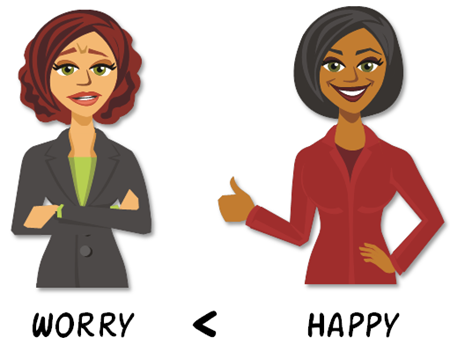
But that’s OK. I received some good feedback and the next course was a little bit better. And with each one that followed I tried something new. Over time I learned to build better elearning. You only know what you know. Do the best you can, and then learn from it to get better at what you do.
- Essential point: You’ve got to start somewhere. Do something with the expectation that the next time you’ll incorporate what you learned to build it a bit better.
Build Better Courses: Practice Your Craft
If you want to be good at something, you have to practice. Building courses is a job and we usually only commit to the job what’s required to get our paychecks. That means we work from 9 to 5 and at the end of the day, we’re done. The challenge is that during the 9 to 5 we only work on projects and have little time to practice.
Great athletes start with natural athletic skills. But what makes them great is that they start with their skills and practice, practice, practice to build on where they’re currently at. If they didn’t they’d never be exceptional.

If you want to be good at your craft, you have to practice doing more than building the same type of course over and over again. Build practice activities into your routine as part of your on-the-job development. Tell your boos it’s cheaper than going to school.
- Essential point: Take time to practice building something new. Practice new instructional ideas and production techniques you can add to your next course.
Build Better Courses: Reflect & Write about Your Learning
This part is a bit harder, but pays off big time. Start a blog or portfolio. The goal isn’t to become a recognized blogger with lots of subscribers (although that could be a goal). Instead it’s your public learning journal and a means to reflect on and share what you’re learning.

This will let you solicit feedback and get ideas to help build better courses. It also helps the person like you who wants to learn more. If we want better elearning, we need fewer blogs from thought leaders who throw out big picture ideas and more from practitioners who share practical tips and tricks.
- Essential point: Writing about your learning experience will help you and those like you to become better developers. It’ll also add your voice to the community at large.
Super Duper Bonus Tip for Building Better Courses
Every week, David Anderson posts a simple elearning challenge. The idea is to promote exactly what I referenced above—practice doing something new to help build your skills.
It’s all about fleshing out some ideas, sharing them, and getting feedback. Most people develop simple prototypes but some put in a bit more polish. It doesn’t matter what you do, just do something to push your boundaries a bit. That’s the key.
- Essential point: The weekly challenges are happening now and an easy way to get into the habit of trying new things. That saves time trying to come up with different ideas and helps establish a routine of practice.
Weekly Challenge E-Learning Examples
There are a few who take the challenge one step forward by including a write up of what they did. What I like about these posts is that the participants are at various levels of experience. Some are just getting started and some have quite a wealth of experience. Not only do they share some nice examples, they also often share good production tips and some even share their source files.
Create a Comic Book Inspired Course via Paul Anders
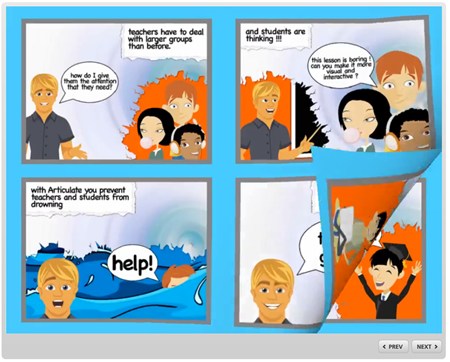
Gamify Your E-Learning via Jackie Van Nice
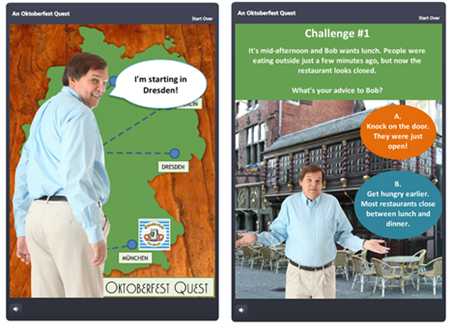
Typography Challenge: Create a Design Tip Poster via Gemma Henderson
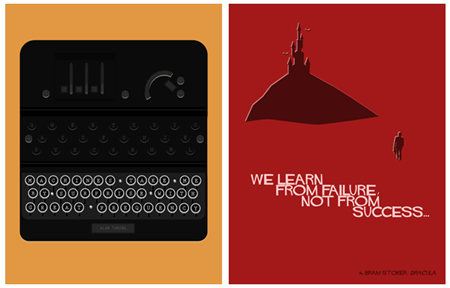
Create a Drag & Drop Interaction via Dan Sweigert
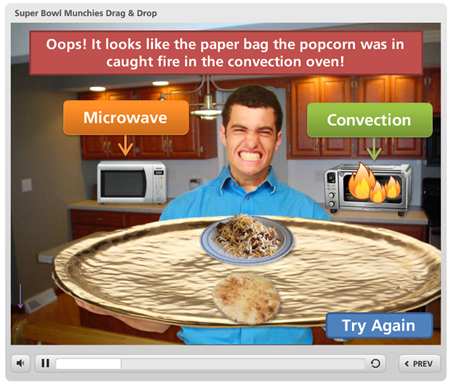
Use Characters in Online Courses via Montse Anderson
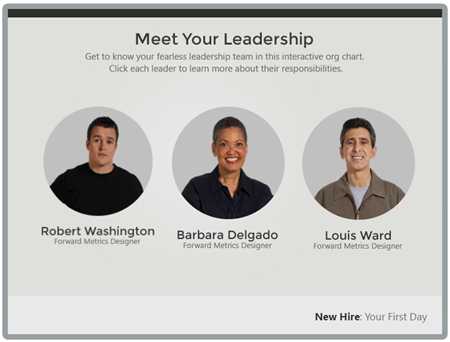
Makeover a Quiz Results Slide via Jeff Kortenbosch
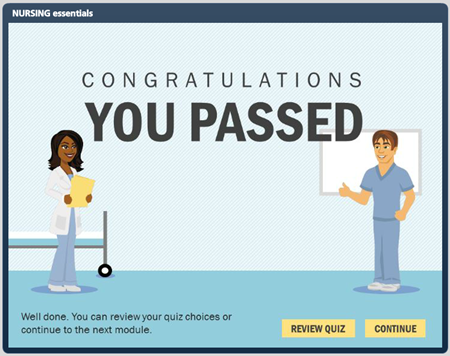
Build an Interactive Screenshot via Allison Nederveld

Build an Interactive Screenshot via Michael Hinze
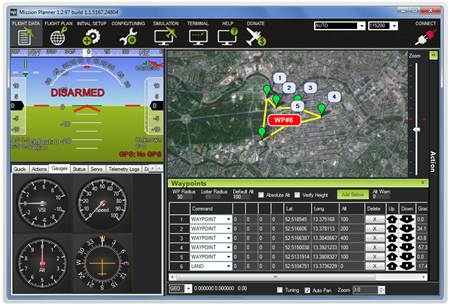
Odds are you’re building the same course over and over again. That won’t do. Want to build better courses? If so, commit the time to learn something new and apply what you learn.
What do you do to improve your skills? Share your thoughts here.
Events
Free E-Learning Resources




















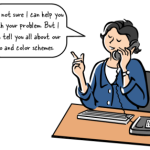

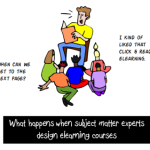

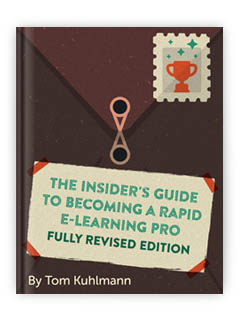


0
comments